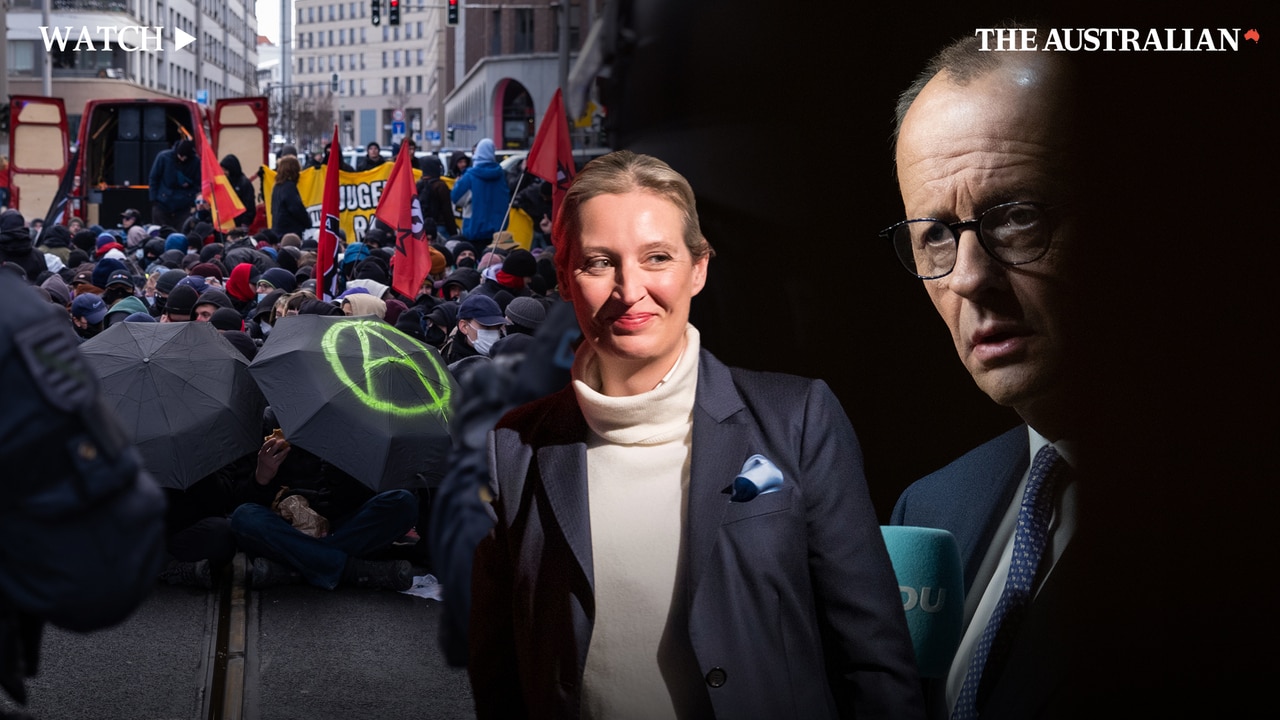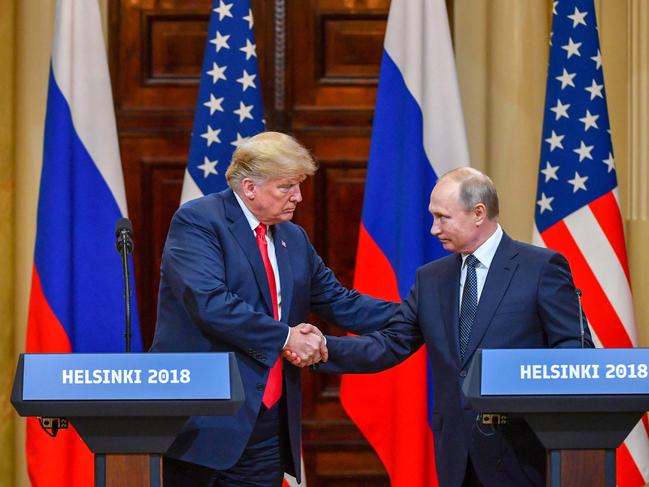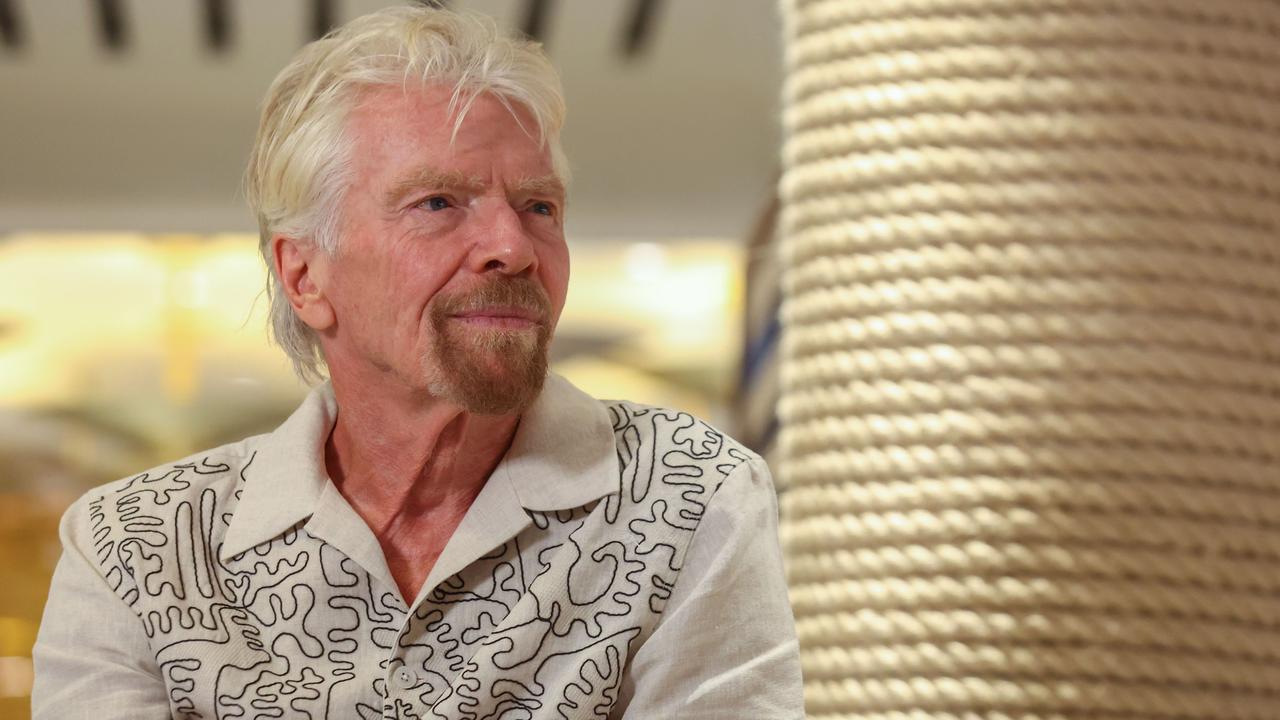The key challenges that will face Germany’s new chancellor
Friedrich Merz must forge a coalition strong enough to withstand the gravest stress test his country has faced since the end of the Cold War.

“I want to lead a government that stops bickering,” Friedrich Merz, the leader of the Christian Democratic Union (CDU), said in the heat of the German election campaign.
Given the scale and urgency of the problems confronting his country, this might seem like a low bar.

Yet winning the vote was the comparatively easy part. The truly arduous work starts now: over the coming days and weeks Merz must somehow build a bridge across the divided centre and forge a coalition strong enough to withstand the gravest stress test Germans have faced since the end of the Cold War.Addressing his supporters shortly after polling stations closed, Merz hinted at the scale of the task ahead: “I will meet with the greatest respect and I know it will not be easy.”
This was an indirect acknowledgment of the substantial risk that his new ruling alliance will turn out to be just as fractious and rudderless as its predecessor was under Olaf Scholz.
Thorsten Frei, Merz’s chief whip, conceded as much, saying the vote had splintered to such a degree that it would be an “enormous challenge” to form a stable government.
The next chancellor faces a formidable array of challenges. The United States, the cornerstone of German security for 70 years, has turned hostile. Berlin is marginalised in Europe.
There has been no economic growth for five years and parts of the manufacturing base are in freefall. After a spate of terrorist attacks and indiscriminate stabbings by foreigners, the public is clamouring for drastic measures on immigration and domestic security.
The Alternative for Germany (AfD) party, egged on by figures in the Trump administration, has notched up the strongest election result for any party of the radical right since the Second World War, with a projected 20 per cent of the vote. The greatest concern for Merz will be where that vote is concentrated: not just in eastern Germany, the AfD’s traditional heartlands, but also right across the younger, poorer and more precarious half of the electorate.
The figures point to a generation of Germans who have largely lost faith in the future and the mainstream parties’ capacity to retrieve it.
The AfD was the most popular party among 25 to 34-year-olds and joint first with Merz’s CDU-CSU among 35 to 44-year-olds. While the under-29s turned en masse to the Left party, the AfD also came second in this age bracket, some distance ahead of the CDU-CSU.
At the same time the hard right has established a position of dominance with working-class voters and those who rate their own financial situation as “poor”, with 37 per cent of both categories backing the AfD.
There appears to be a deep well of scepticism towards Merz’s promise that he will, as one of his closest allies puts it, “make Germany strong again”.

His “immediate agenda” for the first month of government fits on a single side of A4 paper. Illegal immigration is to be “stopped”, with illicit migrants turned back at the borders. Those slated for deportation are to be rounded up and held in indefinite custody. Those who have been granted “subsidiary protection” - a weaker form of refugee status - will be banned from bringing over other members of their families.
In an effort to jump-start the economy, electricity taxes will be hacked back to the legal minimum and tax incentives will be introduced for overtime and for pensioners who choose to work.
Then come the grander projects. The total tax take is to be cut and unemployment benefits scaled back. Berlin is to take a more assertive “leadership role” in forging a Europe that can defend itself without the US if necessary.
Capitalising on his long experience as the head of the Atlantic Bridge, a high-level German-American dialogue forum, Merz hopes to deal with President Trump from a position of maximum strength, speaking as one silverback businessman to another.

Before any of this can happen, however, Merz needs a coalition. The plan is for him to head a team of only three negotiators, alongside Frei and the Bavarian conservative leader Alexander Dobrindt. Their aim is to hammer out something slimmer and looser than the highly prescriptive “coalition treaties” that underpinned previous German governments. Merz hopes to centralise as much power in the chancellery as he can, including a national security council that would oversee everything from foreign and defence policy to trade, aid and intelligence.
His prospective partners have other ideas. Scholz’s Social Democratic Party (SPD), his first choice, is spoiling for a fight. One senior SPD politician said that many were still angry with Merz for relying on AfD votes to get an asylum motion through the Bundestag, adding: “I really can’t see how he gets any of the things he wants out of us.”
THE TIMES



To join the conversation, please log in. Don't have an account? Register
Join the conversation, you are commenting as Logout